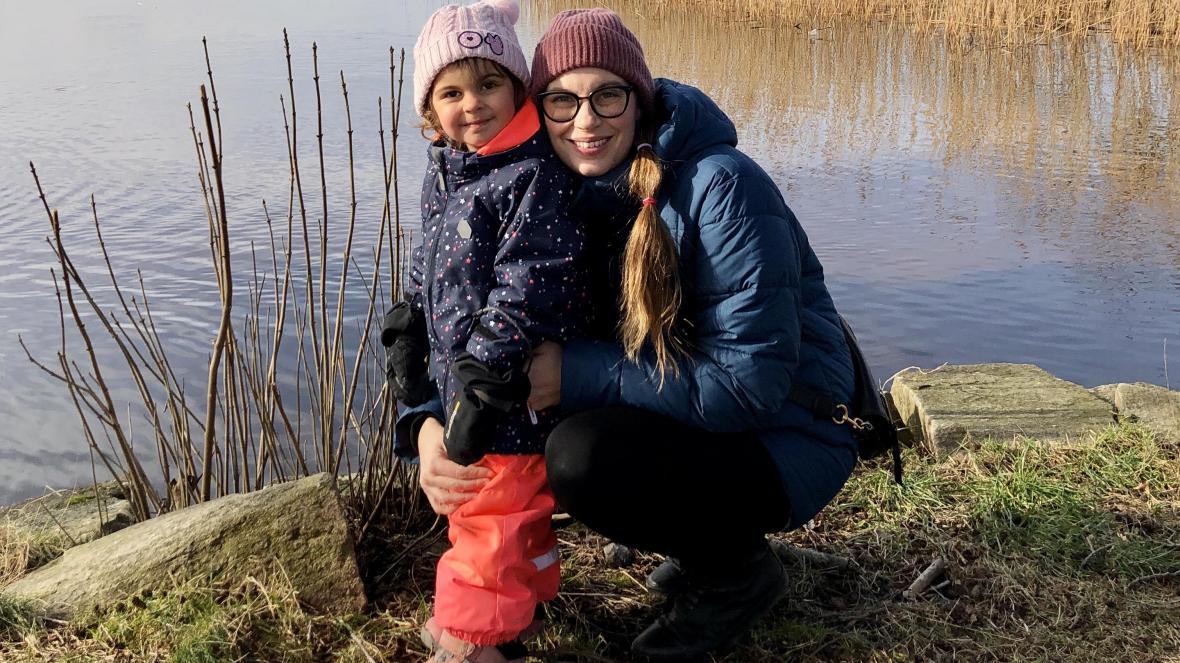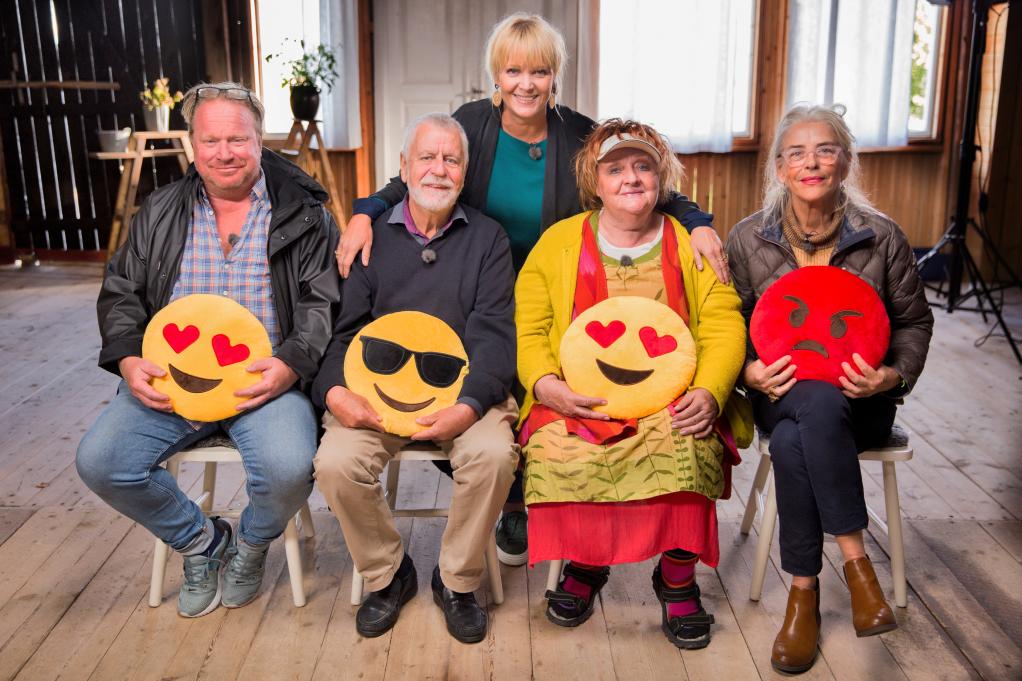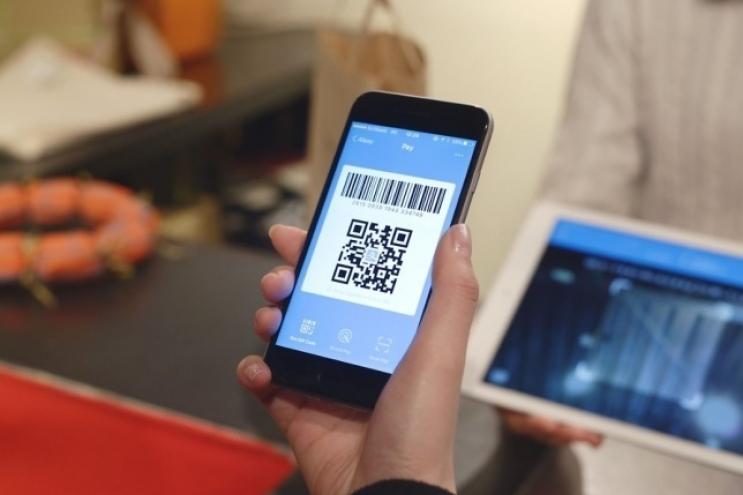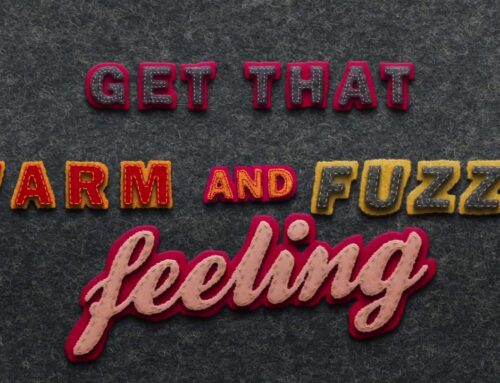Sofie Flensburg Mantzaris with her daughter Melissa, who only sees coins when she watches cartoons
Sweden leads way to a cashless future
The race is on to embrace digital payments, but is the U.K. ready?
Sunday, June 6, 2021
By Laura Whateley
Reprinted from The Sunday Times (London)
One of Sweden’s most popular reality TV shows of the past year is called Seniorsurfarna, or “Senior Surfers”.
It follows a group of celebrity “digital virgins” on their quest to keep up with the country’s fast-paced technological change. Episodes with titles such as It Does Not Have to Be that Difficult take them through online shopping, banking and Swish, a technology that has transformed the way that people pay in Scandinavia.
Swedes who grew up with krona notes and coins are having to adapt fast and there are tutorials on TV run by charities. Dagny Carlsson, who at 109 claims to be the world’s oldest blogger, also writes about the importance of being online.
In the past ten years the proportion of Swedes using cash has fallen 40 per cent to just under 10 per cent, according to Riksbank, the Swedish central bank. The country could be cashless by 2023.
Stefan Gadd, 61, a communications manager from Gothenburg, said there is too much fuss about older people having to cope with a cashless society. His 87-year-old mother has never found it difficult to use computers or the internet, he said. She does her banking online and uses Swish, as do her friends. “There are people who struggle with it, but it’s not necessarily due to their age.”
His colleague Gunilla Stenström, born in 1954, disagrees. She still prefers cash for any transaction under SEK 500 (£50) and is worried that “a country not based on cash as a payment will be hard for the elderly, immigrants, homeless or anyone who does not have a bank account”.
Swedish businesses are allowed to refuse to accept cash and many, even the tiniest rural vendors, now do.
“I am comfortable with all kinds of payments, but I want cash in my wallet just in case,” Stenström said.
“A lot of elderly people who do not have kin or friends who can help them still struggle.”
Seven years ago Cecilia Eduards, an architect, founded Eduards Accessories, a fashion brand selling goods produced in Sweden, and it has always been cashless. In the past five years she has handled cash only when travelling. There are fewer and fewer places to deposit cash as a small business. “We started out accepting card payments and bank transfers,” she said, “and have seen many new digital payment methods, but it is very expensive to receive payments. Banks and payment providers take percentages and fees for receiving, storing and making payments to other accounts.
“Our online customers can choose from Klarna Bank and invoice, card payments and PayPal personal accounts. In our physical store the customer can pay with a card or Swish.”
Cash is also declining particularly fast in Canada, with more businesses, such as the coffee chain Second Cup, moving to cashless payments only during the pandemic and some bank branches refusing to handle cash over the counter.
In Asia payment apps such as Toss, Naver Pay and LG Pay are booming, with a growing trend for paying by scanning QR codes with your phone.
QR code-based phone payment methods are popular with shoppers in Asia
In Seoul, South Korea, the government has teamed up with banks to offer ZeroPay, a QR code-based mobile payment method for the smallest businesses, which lets them accept mobile payment without any transaction fees.
Singapore has introduced its own Quick Response Code (SGQR), with about a third of Singapore’s 18,000 stall holders in the hawker centres now letting customers pay by scanning a QR code. The Hawkers Go Digital scheme gives those who sign up for SGQR a bonus of $300 a month over five months if they have at least 20 cashless transactions each month. To help people to adapt to the change digital ambassadors will teach them how to use smartphones and pay online from community hubs.
South Korea is looking into adoption of its own digital currency, the S-Coin, and China has said that visitors to the 2022 Beijing Winter Olympics will be able to pay with the digital yuan.
The digital Sand Dollar was introduced by the Central Bank of the Bahamas as a more convenient, hurricane-proof currency for a country that is spread across 700 islands. Citizens can use their phones to send and receive money without bank accounts, branches or ATMs — vital in times of natural disaster.
But while many governments are incentivising people and businesses to go digital, the U.K. government has pledged to guarantee access to cash, require all shops to accept notes and coins by law, and improve the way cash is accessed in different communities.
So it has been left to private companies to innovate. The online bank Starling, for example, introduced connected cards during the pandemic, enabling older people or those shielding to give a friend, relative or carer a debit card so they could spend for them. Monzo will let customers without a permanent home use another address, such as a friend’s house or a shelter, so that they can open an account and get a contactless debit card.
Companies such as Square and SumUp offer wireless card payments that do not charge fees for equipment or require a phone line. Zettle has a facility that allows customers to pay on their phone while goods are dropped off at their door.
QR codes for payment are also starting to arrive in the U.K., with PayPal enabling businesses to display a QR code that customers who have a PayPal account can scan with their smartphone.
But even Sweden has had reason to pause in the race to go digital. Two years ago its Civil Contingencies Agency warned households to hoard small denominations of currency in case of power cuts.
“There are many benefits to going digital, but not everyone is yet included,” said Natalie Ceeney from the Access to Cash Review, an independent group charged with looking at whether the U.K. is ready to go cashless. It is funded by Link, the cash machine network.
“If our cash infrastructure collapses, certain sections of society, which are the most vulnerable, can no longer use or pay for vital services. Sweden told us to plan while we can. We’re going in the right direction.”
Sofie Flensburg Mantzaris, 37, who lives in Lerum in Sweden, doesn’t own a wallet, using a pocket on the back of her phone case for cards, and paying with a combination of debit cards, credit agreements with Klarna, a Klarna credit card, Swish, and Apple Pay. She hasn’t saved physical money for 20 years.
“Things feel less expensive when you just click a button, but since you see the amount going down on your account you still know what you are spending. I think it’s best to use only a debit card so you never spend too much.” She likes the cashless world, not having to find a cash machine, never being caught short, and also says it feels safer and more hygienic in Covid times.
But, she does wonder how she will teach her children about money. At four and one, they are too small for pocket money and she realises that their only experience of cash could well be the gold pirate coins they see on their favourite cartoon, Pippi Longstocking.









Leave A Comment
You must be logged in to post a comment.